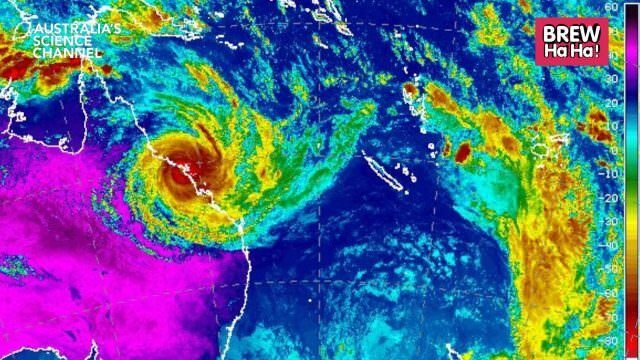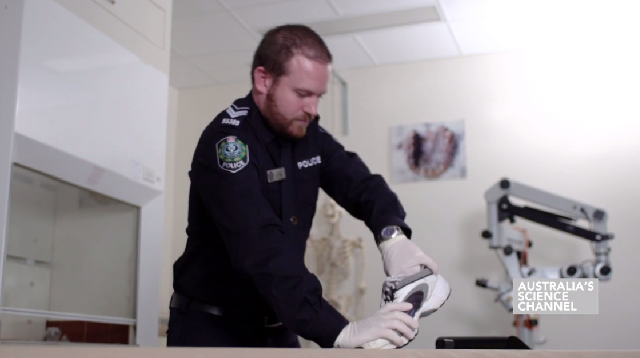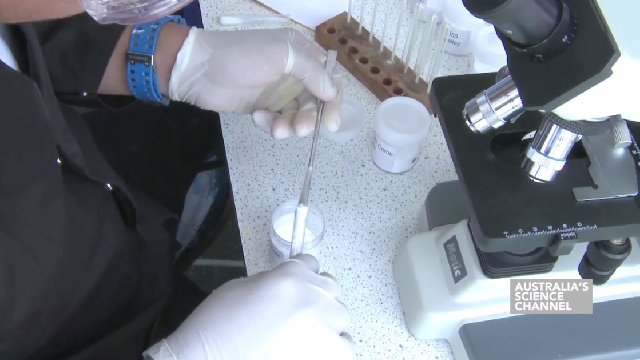Last updated January 30, 2018 at 9:52 am
People at risk of heart disease need to be extra careful about avoiding influenza, as the risk of a heart attack rises 600% in the week following diagnosis.

Credit: iStock
Researchers from Canada studied nearly 20,000 cases of influenza infection in adults. They found that for the 332 subjects who were hospitalised for a heart attack within one year of their diagnoses, they were six times more likely to experience their incident within seven days after their influenza infection was pathologically confirmed.
They found higher risks in older patients, those infected with influenza B, and first-time heart attack sufferers. They also found that other respiratory viruses were associated with higher than normal heart attack risk, although not as high as influenza.
Researchers call for precautions in the affected population
“Our findings are important because an association between influenza and acute myocardial infarction reinforces the importance of vaccination,” the lead author of the study, Dr Jeff Kwong, says.
“Our findings, combined with previous evidence that influenza vaccination reduces cardiovascular events and mortality, support international guidelines that advocate for influenza immunization in those at high risk of a heart attack.
“People at risk of heart disease should take precautions to prevent respiratory infections, and especially influenza, through measures including vaccinations and handwashing.”
The authors urge that influenza patients experiencing heart symptoms should seek immediate medical attention.
This study was published in the New England Journal of Medicine.
Related Content:
A sneeze doesn’t make the ‘flu fly
Exercise is the anti-ageing ‘cure’ for the heart
Hearts of young women left unchecked
Our robotmedicine future – heart huggers and micro biohybrids
Follow us on Facebook, Twitter and Instagram to get all the latest science.





























































































































































































































































































































































































































































































